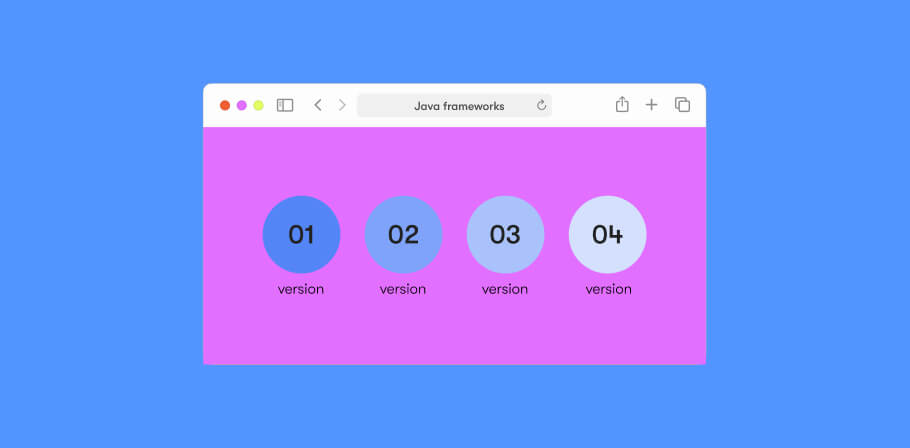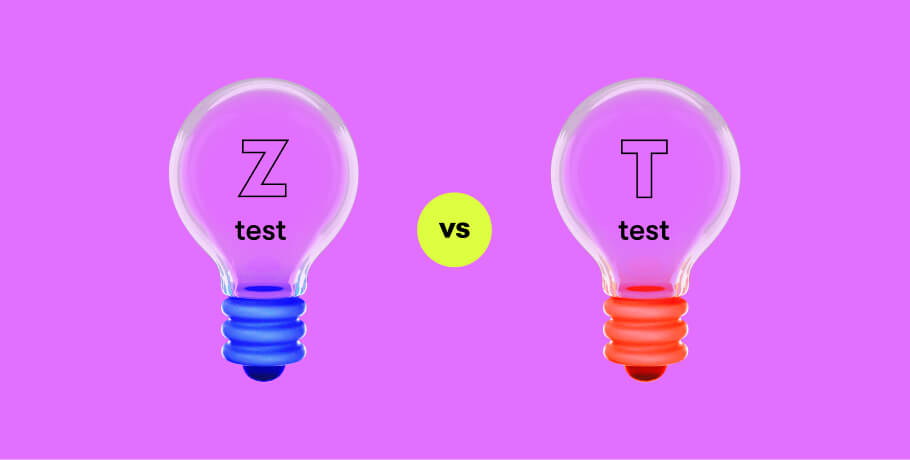If you work with Java and want to become proficient in cloud solutions, learn more about AWS for Java developers in this review of the top five must-know AWS services — Amazon EC2, S3, Elastic Beanstalk, CloudWatch, and RDS.
Cloud tools and technologies are evolving day by day, and we as developers cling to every possible solution for a faster, better, and more reliable approach to creating a product.
Amazon Web Services (AWS) is one of these solutions. It is a widely adopted cloud computing platform providing 200+ services to develop, scale, and build robust products for the industry. Here are some of these services you as a Java developer need to know to ease your development process.
Amazon EC2 (Elastic Compute Cloud)
Amazon EC2 is a one-stop solution for all your computing needs. It’s a compute service that allows us to allocate computational resources over the cloud and provides you with your desired instance (a virtual environment) in no time. It provides SSD support for faster performance, allows up to 24 TiB RAM, and supports up to 224 core logical compute processors for high performance and throughput.
Amazon EC2 provides different storage options:
- Instance Store is where your stored data will be automatically deleted when the instance is turned off.
- EBS (Elastic Block Storage) is similar to normal storage where your data will be preserved along with the instance. You can also allocate or remove additional block storage with the pre-allocated EC2 Instance.
Development use case for EC2
Instance Store is the best suitable option when you are playing with the data which is not vital but needs temporary storage. Let's say an upload picture functionality where you temporarily store the picture, convert it to a blob, store it in the database, and then delete the file (even if you forget to delete the file, it will be automatically deleted when instance restarts the next day).
It's also affordable to use AWS for Java developers who are new to the platform: they can try a free 12-month trial where AWS provides 750 hours to explore the Amazon EC2 service. Click here to get more details.
Amazon Elastic Beanstalk
Amazon Elastic Beanstalk (EBS) is a managed platform where you can run your application without worrying about your platform needs. It supports load balancing, auto-scaling, rolling updates, and more. It can automatically take care of your entire platform needs, and you will never need to worry about managing the Instances anymore. Elastic Beanstalk supports Java, .NET, PHP, Node.js, Python, Ruby, Go, and Docker containers.
Amazon S3 (Simple Storage Service)
Amazon S3 is an object-based storage service, which is a key difference between EBS and S3. An object stored in S3 can be retrieved from anywhere via the HTTP protocol, and you can make it public or private, depending on your needs. With 99.999999999 (11 9s) of durability, Amazon S3 can also support encrypting your storage with Amazon KMS (Key Management Service).
Development use cases for S3
- Do you want to store a static website without allocating an EC2 Instance? If yes, Amazon S3 is the best solution for your needs. It supports static website hosting; with a public URL, you can share the website contents over the internet with the use of HTTP and HTTPS protocols.
- Do you want to generate a unique URL for each customer to share their files stored on the S3 bucket? If yes, you can use the Signed URL Functionality of S3, where you can create a unique URL for each user.
Amazon CloudWatch
Have you ever run into a situation when your application went down and your inbox was flooded with customer complaints? Then you need someone to keep an eye on your application all the time, and Amazon Cloud Watch is a game-changer in this case.
CloudWatch monitors your application, collects the information regarding the system-wide performance, analyzes, and processes it in a meaningful form. You can get a unified interface for the system's health and performance, which also helps you to trigger the notification when something goes out. Simple yet powerful, isn't it?
Amazon RDS (Relational Database Service)
Ever worried about losing your cloud database? Worry no more, as AWS provides a relational database service that supplies solutions for your SQL needs.
With the backup and restore facility, RDS is a secure and highly available service that provides performance tuning, disaster management, read replica, and dynamic resource allocation all under the same roof.
You can also increase the size of the RDS storage and compute capacity whenever needed without migrating your existing data. It reduces DBA overhead and provides a simple yet powerful user interface to perform complex operations. RDS supports various commonly used database engines like MySQL, PostgreSQL, MariaDB, Oracle, and SQL Server.
You can now experience the RDS for free with a free-tier AWS Account, with 750 hours of RDS, 20 GB of SSD database storage, and 20 GB of automated database backup. Learn more here.
These five services are the ultimate picks of AWS for Java developers, but there are more powerful AWS services that can ease your development process and help you focus less on managing and more on developing. Stay tuned for more guides to AWS services that can come in handy on your development journey.

With a Master’s degree in Computer Applications, I’ve been working in the tech industry for the past 7+ years. I’m passionate about Java and cloud technologies and hold Azure Fundamentals and AWS Cloud Practitioner certifications, in addition to being recognized as an AWS Community Builder. I’m also a Certified Java Technical Interviewer and Ambassador at EPAM Anywhere.
With a Master’s degree in Computer Applications, I’ve been working in the tech industry for the past 7+ years. I’m passionate about Java and cloud technologies and hold Azure Fundamentals and AWS Cloud Practitioner certifications, in addition to being recognized as an AWS Community Builder. I’m also a Certified Java Technical Interviewer and Ambassador at EPAM Anywhere.
Explore our Editorial Policy to learn more about our standards for content creation.
read more


















